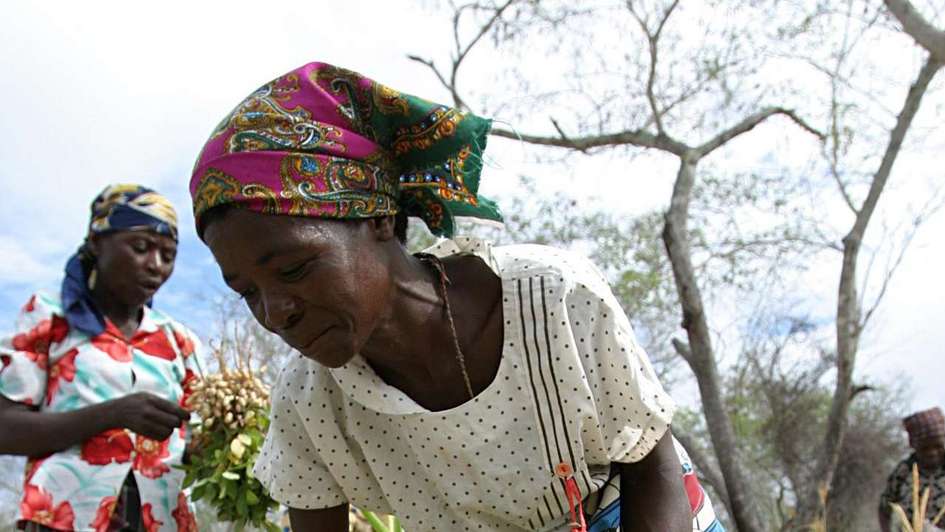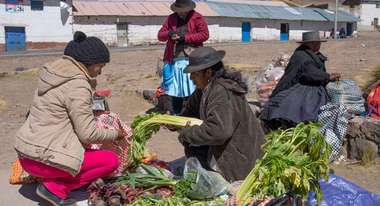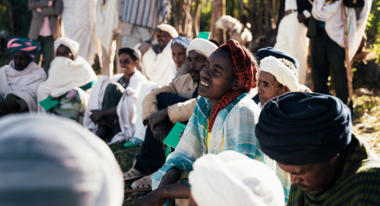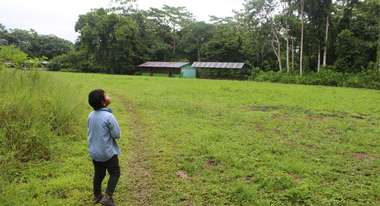Joint Learning in Mozambique
School gardens are created hand in hand - and knowledge is also transferred to local fields.

Mabote is located in the province of Inhambane on the South coast of Mozambique. It is one of Welthungerhilfe's Millennium Villages. More than half of the population in Mozambique lives in extreme poverty. Harvests are regularly destroyed by floods and hurricanes. Therefore there is hardly enough food to go around. For almost half of the poor, sources of drinking water are half an hour away. Often they drink dirty water and become sick. Hygiene conditions are very bad. Many people in Mozambique are suffering from HIV/Aids. This often makes life particularly difficult for families as there are fewer and fewer remaining adults to look after their livelihoods. Children become orphans.
In the Millennium Village of Mabote, people make their living from agriculture. They produce basic food for their own use and also have a few cattle. For all of these, they also need water. But there is hardly enough to ensure their survival. And there are few other opportunities for earning an income. The Welthungerhilfe project aims to improve the living conditions of the people in Mabote.
Healthy food and clean water
For 34 schools in the Millennium region, wells are being constructed or repaired, latrines are set up, irrigated school gardens are created, fruit trees are planted and hot food is distributed during the so-called hunger months of October to January. Children learn the correlation between clean water, hygiene, balanced nutrition and health, and what they can do to avoid becoming sick.
Together with their children, parents look after the establishment and maintenance of school gardens. The produce is used by the women to prepare dishes with more vitamins and minerals. The experience gained from soil-friendly agriculture can also be used by the parents for their own fields. This way they also benefit from the project measures at the schools. Independent action is at the forefront in this context.
Success increases self-confidence
The activities taking place in Mabote are having a positive effect: children and youths enjoy healthier growth under improved living conditions. Adults are also doing better. And the new wells offer additional benefits to the women: fewer people become sick from bad water, doing away with the cumbersome and time-intensive caring for the sick.
By working closely together, village inhabitants are also in a position to continue these measures once the Welthungerhilfe project ends. Close coordination efforts with government authorities also lay a firm foundation for sustainability. The more successful the measures in Mabote, the more self-confident people will become of their own abilities to free themselves of poverty.






